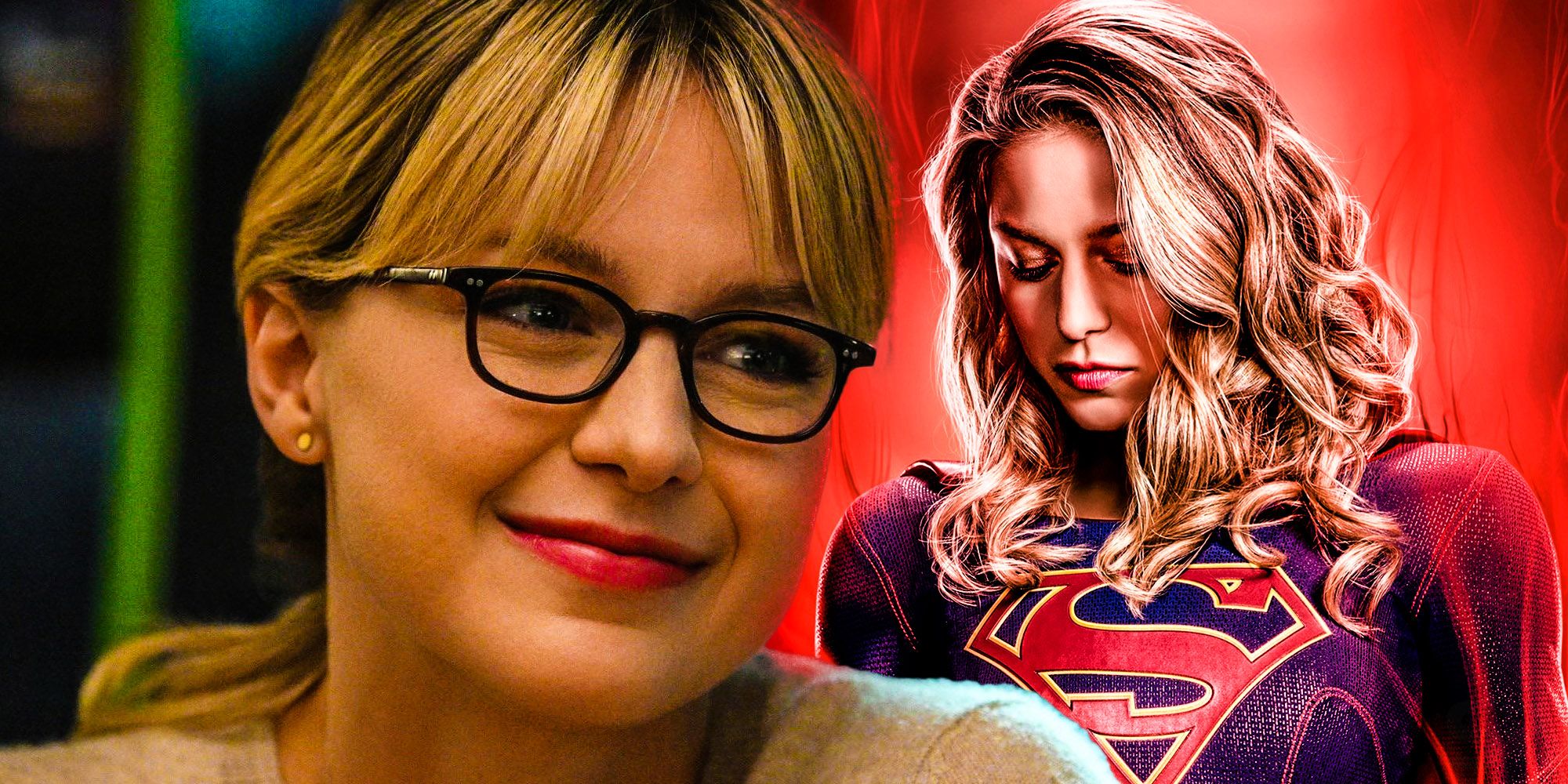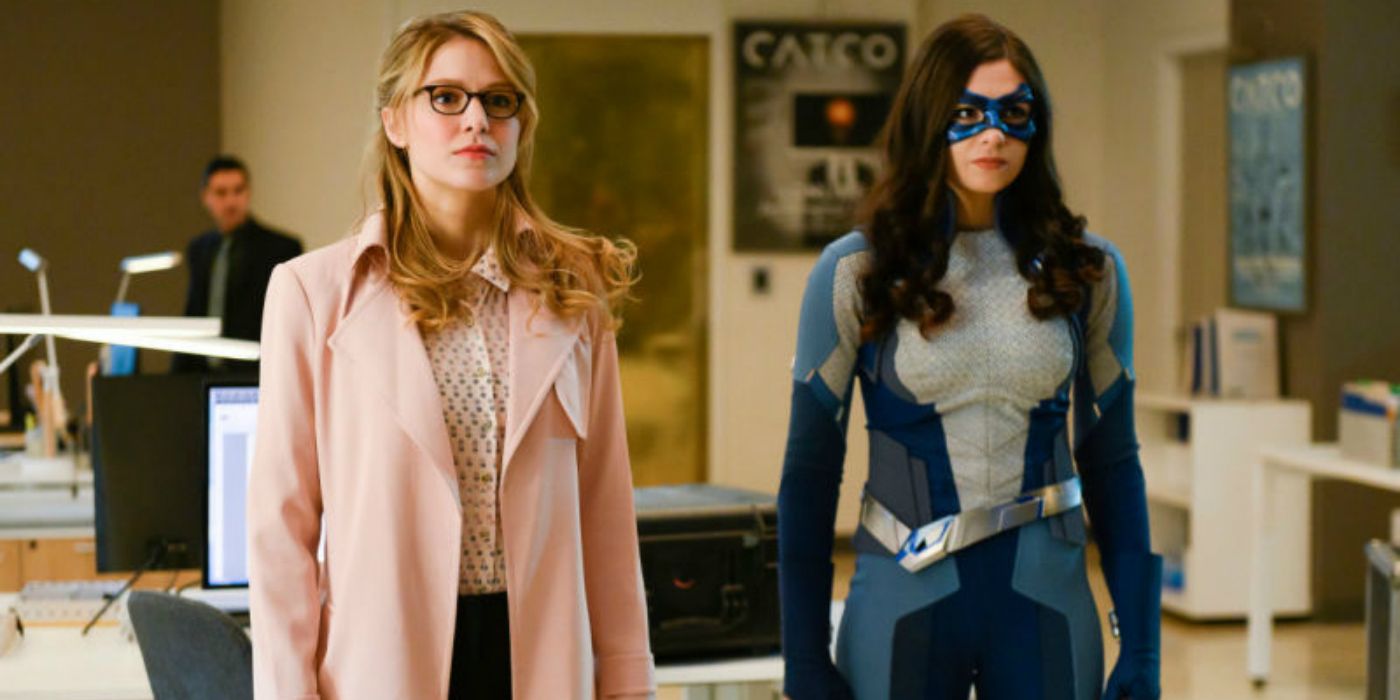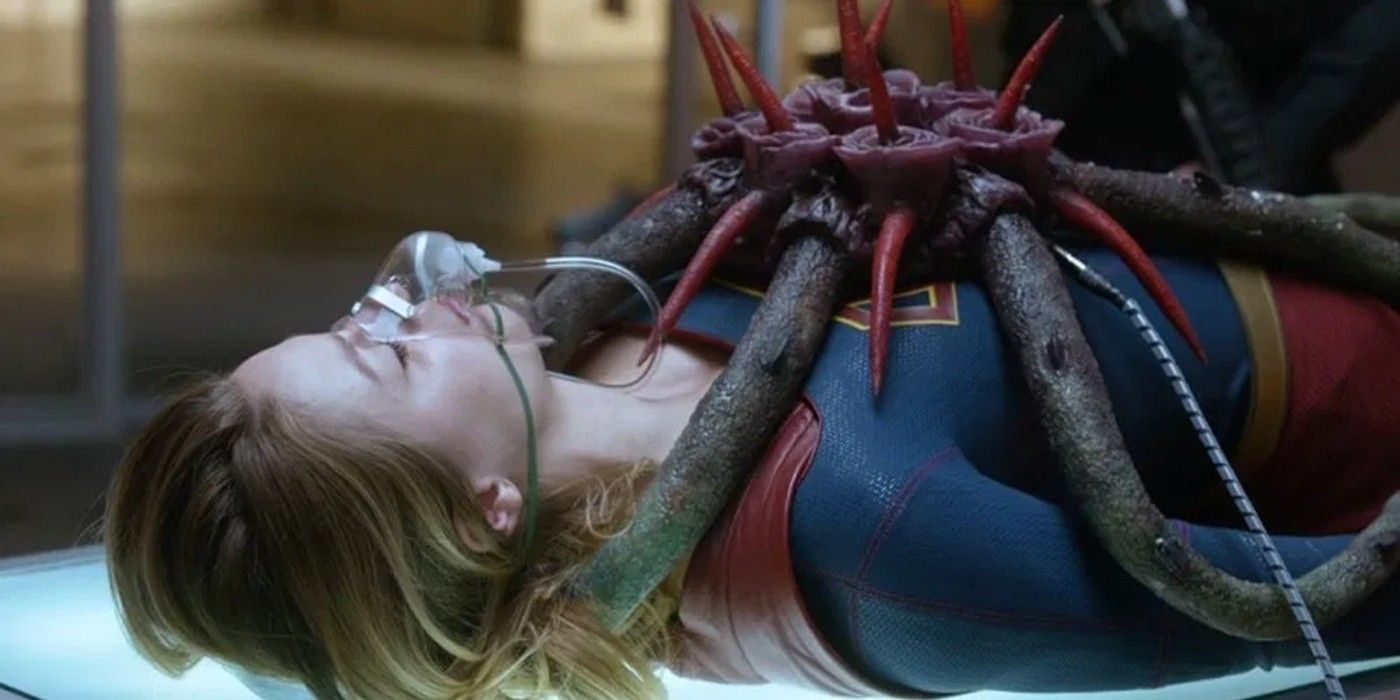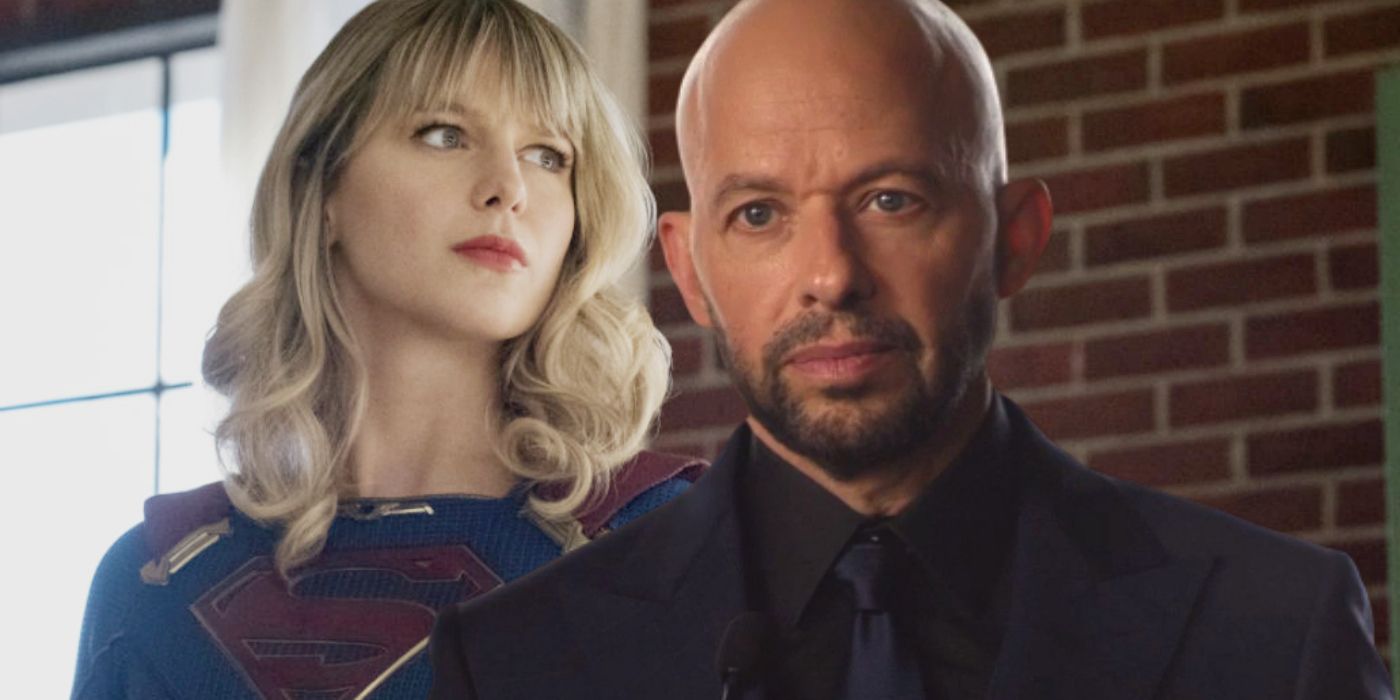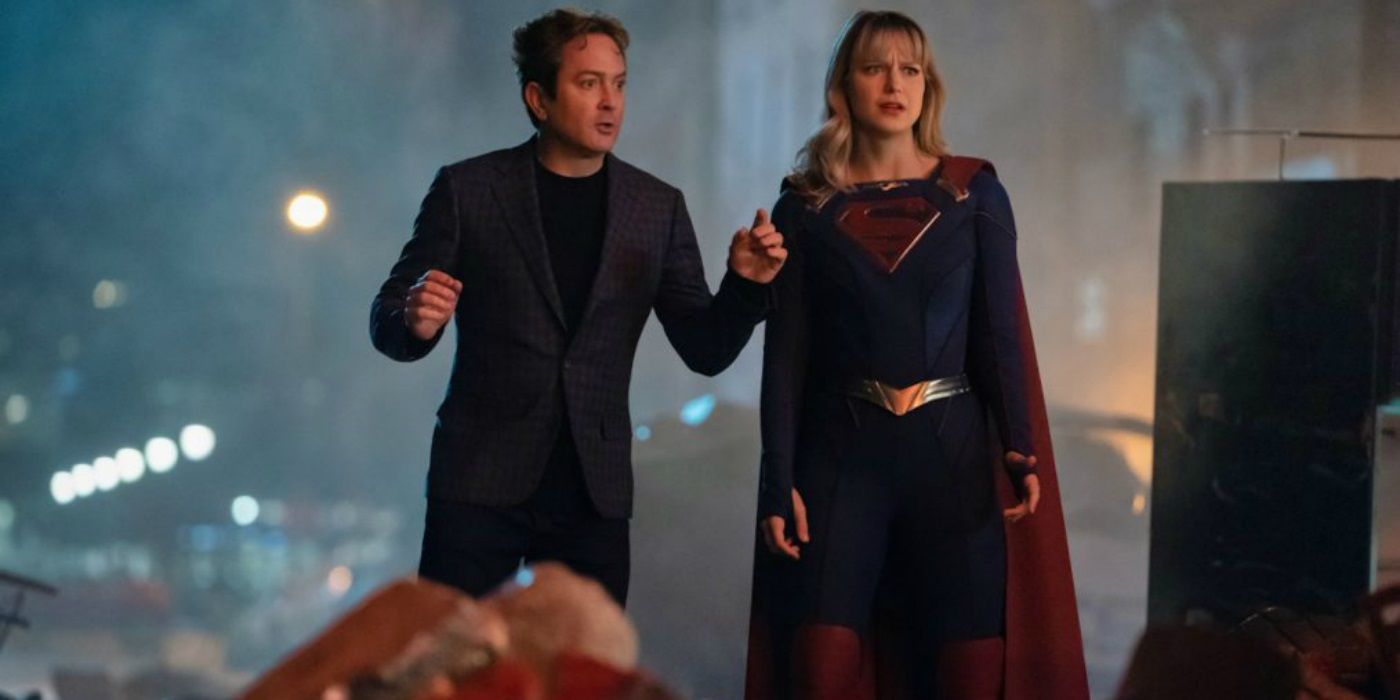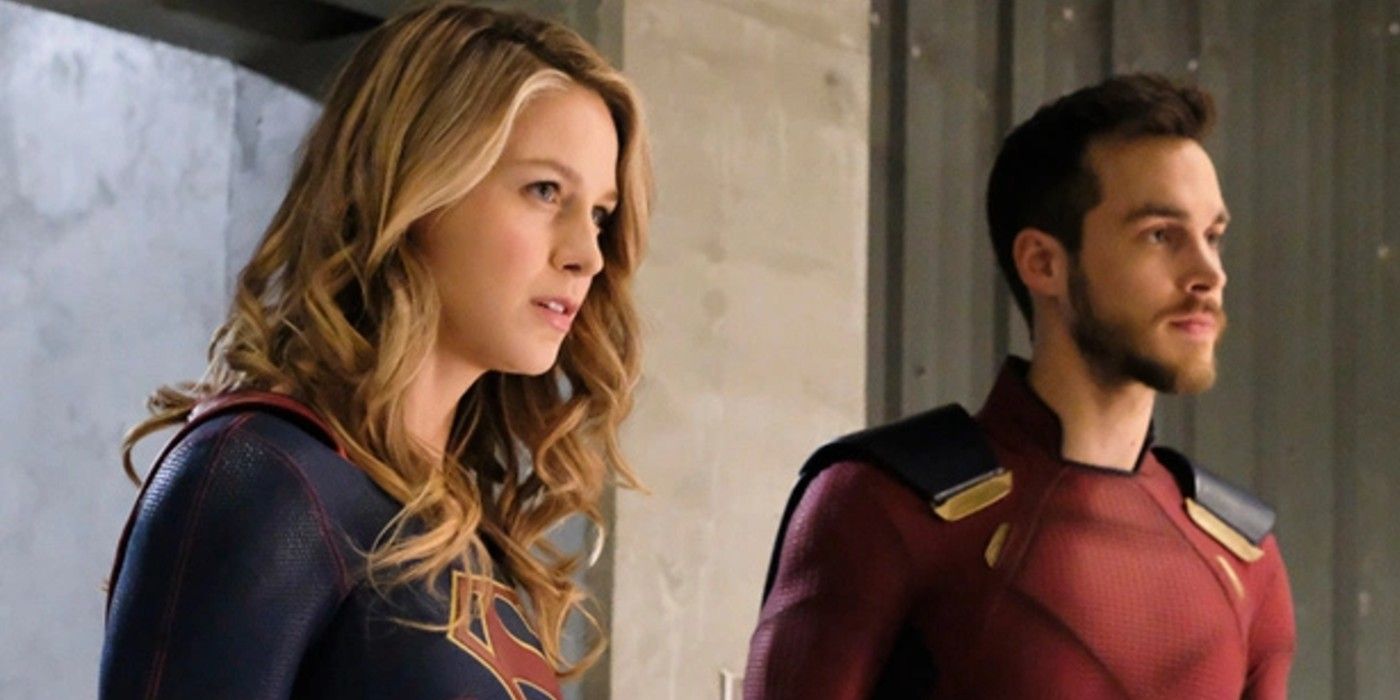The Arrowverse journey of the Girl of Steel will be coming to an end as Supergirl airs its sixth and final season on the CW this year, which is not enough time to adequately conclude the story. Her final adventures will kick off with a short-term run starting on Tuesday, March 30, 2021, taking the Superman & Lois timeslot for six weeks while the latter is on a COVID-19 forced hiatus. She will then return during the summer to wrap up her story later this year. The Arrowverse has had four of Supergirl's five seasons to set up and cohesively tell her story; however, missteps along the way are why the twenty episodes of the final season may not be enough time to correct those mistakes, making it too late to give Supergirl a satisfying sendoff.
Supergirl season 1 focused on Kara Danvers becoming the Girl of Steel. Subsequent seasons, after the show moved from CBS to The CW, offered some limited growth for the character, even as it occasionally forgot whose story the show was telling. Supergirl sets itself apart from other Arrowverse shows in both positive ways (the Danvers sisters’ bond and teamwork) and negative (losing sight of its lead).
Supergirl's differences from the rest of the Arrowverse mandate a distinctive conclusion. Arrow ended with Oliver Queen's death. It is entirely possible that when The Flash comes to an end it may do so with another noble hero's death or simply have Barry Allen walking away from his speed and powers. The difference between those Arrowverse stories and what would be a satisfying ending for Supergirl again may lay in the storytelling. Oliver and Barry both were allowed to grow both as superheroes and as people, ending up both married to their true loves, pursuing an array of careers and personal missions, and achieved at least for a while relatively stable lives. Supergirl has not set its lead’s arc on a similar trajectory. Then again, should Supergirl have an Arrowverse conclusion? The truth may be that, unlike Barry and Oliver, her story is not coming to an end, it's just beginning.
Supergirl Failed to Strike A Balance Between Hero And Person
In her five seasons on the air, Supergirl, as a character, has been given minimal development. While she has had plenty of action and inspirational speeches solidifying her commitment to "Hope, Help, and Compassion for all," just how much has she really grown? The show waited until the 100th episode for her to realize that she doesn't have to sacrifice herself and her feelings to be a caretaker of everyone else's needs and perceptions. It took until season 5 episode 13, "It's a Super Life'' for her to hear and understand what Mon El told her: that she had value too and deserved the same compassion she showed others. It was a major turning point in Supergirl's growth when she later confronted Lena and told her that she was through taking the blame for things and that Lena was responsible for her own actions from that point on. Aside from when she tearfully sent Mon El away, it was perhaps one of Supergirl's most adult moments.
And if Supergirl had limited growth in five seasons, her alter ego, Kara Danvers's growth has been nearly non-existent. Other than her connection to her sister, Alex, they haven't really known what to do with Kara besides her being Supergirl. It will be hard for the writers to give her story a satisfying final chapter because her emotional development has been spread very thin. She's a Pulitzer prize-winning reporter yet she's rarely seen reporting. She's supposed to be a friend and mentor to Nia Nal, yet truly little has been shown of her taking Nia under her wing and advising her.
Not Enough Supergirl Stories Have Been Told
From the show's first season, the case could be made that Supergirl was being portrayed as a female Superman and telling his canon stories instead of her own. Many of her foes and dilemmas were snatched from Superman scenarios. Her first major test with Reactron in season 1 had major ties to Superman. She rightly bristled at Jimmy calling in Superman to help her, instead of letting her be a superhero on her own. From fending off an alien invasion of Earth to battling the Luthors, to a revision of the iconic story, "For the Man Who Has Everything" (although Supergirl did a better job with the story with their critically acclaimed episode), there simply has not been enough mining of stories from Supergirl's rich DC canon.
Supergirl's writers basically recreated the Lex/Clark Smallville dynamic just because they couldn't get away from the Kryptonian vs. Luthor dynamic, which resulted in an overly long and very predictable arc for Lena. It became such that audiences were relieved when Lena finally turned on Kara. So again, when Supergirl finally told Lena she was responsible for her own actions it was a powerful, self-affirming moment for the Girl of Steel.
Supergirl Took A Back Seat To the Luthors
Again, in trying to adhere to the Kryptonian vs. Luthor dynamic, Supergirl ended up doing more harm than good to the titular character. Instead of making Supergirl proactive in thwarting all the Luthor's nefarious plans, they made her step back and react. Lena, Lillian, and eventually Lex Luthor were placed in the spotlight and given more space and layers than the show's title character. Granted Lex Luthor is a larger-than-life character, but he should not outshine the show's lead!
Supergirl spent far too much time on the Luthors and their schemes. Even the comic Supergirl stories the show attempted to adapt, Reign and Red Daughter, became less about Supergirl and more about the Luthors. Instead of being an exploration of Krypton's dark history and how it affected Supergirl, Reign's story was a key chapter in Lena Luthor's slow descent to the dark side. Red Daughter could have been a great study on nature vs. nurture by having Red Daughter interact more with Supergirl, Kara Danvers, and her Alex, which might have led to a possible redemption. Instead, the focus of the Red Daughter storyline was Lex's megalomania and manipulative psychotic personality. The show even fumbled with the Lex/Clark Smallville dynamic by telling the story of Lena and Supergirl's break in their friendship almost totally from Lena's perspective for the majority of season 5. Where there was an opportunity to examine Supergirl’s inner conflict, the show chose to focus on Lena submerged in a villainous pool of her own hurt feelings and ego, robbing the latter character of any hope of a less predictable storyline that subverted expectations.
It's Time To Let Supergirl And Kara Danvers Grow Up
By continuing to push Supergirl and Kara further into the background, the show has frozen her in stasis. The show fell into a pattern of more often portraying Kara as a goodhearted child rather than a grown woman. They've kept her very pristine, bubbly and good, and never truly let her face any type of inner darkness or give in to her emotions except in rare single episodes like season 1's "Falling" which found her under the influence of Red K. As previously mentioned, Kara had a moment of grief at the beginning of season 3 after she sent the love of her life, Mon El away, but then it wasn't until midway into season 5 that her character was given additional emotional depth. Both Alex and Mon El tried to shake her out of her ennui, but it took a hard look at her life courtesy of Mxyzptlk for her to take charge of her life and start a new chapter by putting her foot down about being manipulated emotionally and otherwise by Lena for most of the season. It's just unfortunate that it took the show nearly 100 episodes for Supergirl to take the driver’s seat of her personal well-being.
To Have a Satisfying Arrowverse Ending Doesn't Mean Supergirl Has To Die
The most logical way for Supergirl’s Arrowverse arc to conclude will be contrary to the hero's end the Arrowverse gave Oliver Queen. There isn't time to sufficiently develop Supergirl and Kara's story in a way that could lead to a sufficient ending. The Arrowverse will need to leave her conclusion open-ended by sending her off in a matter that can be revisited by other shows down the line. With Supergirl ending, it makes sense that Kara can't be on Earth in this timeline, so the most logical direction for Supergirl in the Arrowverse is a path the show has already set up for her: What would be more fitting than a reunion with Mon El and Winn in the future, where a place awaits her in the Legion of Super-Heroes?
While it may be too late for Supergirl to give its heroine a traditional ending that ties up loose ends and meaningfully caps years of careful character development, Supergirl has never been a typical superhero show. Kara Danvers needs an ending all her own, one that isn’t a retelling of someone else's story. As Kara Danvers’s story comes to an end, Supergirl’s should continue, and Kara Zor El’s new life should be just beginning.

